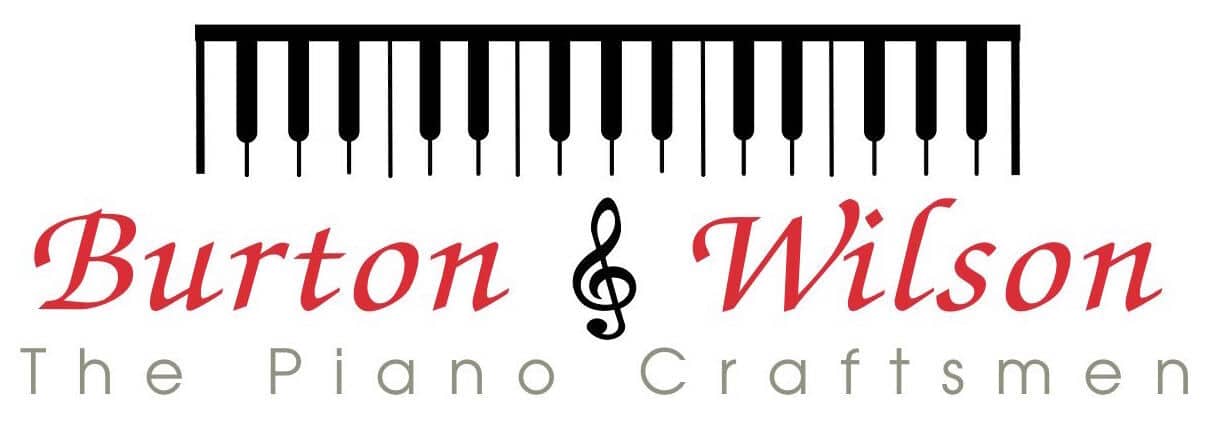Piano tuning is an art that requires precision and skill to ensure optimal sound quality. In this comprehensive guide, we’ll delve into the techniques and tricks used by piano tuning services to achieve perfect harmony.
Whether you’re a seasoned tuner or a beginner, these tips will help you elevate your tuning game. Let’s explore the intricacies of piano tuning and unlock the secrets to achieving a flawless sound.
Basics of Piano Tuning
Before delving into advanced techniques, it’s essential to grasp the fundamentals of piano tuning. A piano consists of approximately 230 strings, each tuned to a specific pitch. The tuning process involves adjusting the tension of these strings. To ensure they vibrate at the correct frequency, producing harmonious tones.
Professional piano tuning services use specialized tools such as tuning forks and electronic tuners to achieve precise adjustments.
Developing a Keen Ear for Pitch
One of the most critical skills for a piano tuner is developing a keen ear for pitch. Tuning by ear allows tuners to detect subtle variations in pitch and make precise adjustments accordingly. To hone your ear for pitch, practice listening to different intervals and chords to familiarize yourself with the nuances of piano sound.
Additionally, regular ear training exercises can help sharpen your auditory perception and improve your tuning accuracy.
How To Do Fine-Tuning
Fine-tuning is the process of making minor adjustments to the pitch of individual strings to achieve perfect harmony across the entire piano.
Professional piano tuning services use a technique called “stretch tuning” to slightly raise the pitch of the upper notes and lower the pitch of the lower notes, creating a balanced and harmonious sound. This technique compensates for the inherent inconsistencies in piano construction and ensures uniformity in tone quality throughout the instrument.
Utilizing Advanced Tuning Tools
While tuning by ear is a valuable skill, advanced tuning tools can complement and enhance the tuning process. Electronic tuners and software-based tuning programs provide tuners with real-time feedback. So, on the pitch and frequency of each string, allowing for precise adjustments.
Additionally, specialized tools such as
- Tuning Hammers
- Mute Wedges
Enable tuners to access hard-to-reach areas of the piano and make fine adjustments with ease.
Incorporating these tools into your tuning toolkit can streamline the tuning process and improve overall efficiency.
Addressing Common Tuning Challenges
Despite meticulous tuning efforts, pianos are susceptible to various environmental factors that can affect their tuning stability. Temperature and humidity fluctuations, as well as changes in atmospheric pressure, can cause strings to expand or contract, resulting in pitch inconsistencies. To mitigate these challenges, professional piano tuning services employ techniques such as “pitch raising” to bring severely detuned pianos back to pitch before performing the final tuning.
Additionally, regular maintenance and tuning schedules can prevent tuning issues from arising in the first place.
- Environmental Factors: Pianos are sensitive to temperature, humidity, and atmospheric pressure changes, which can cause strings to expand or contract, leading to pitch inconsistencies.
- Pitch Raising: Professional tuners utilize pitch-raising techniques to bring severely detuned pianos back to pitch before conducting the final tuning process.
- Regular Maintenance: By proactively implementing regular maintenance and tuning schedules, you can prevent tuning issues from arising, ensuring the long-term stability and performance of your piano.
- Professional Expertise: Relying on the expertise of professional tuners who are experienced in identifying and addressing common tuning challenges can ensure optimal tuning results and overall piano performance.
Maintaining Consistency in Tuning
Consistency is critical to achieving optimal results in piano tuning.
Professional piano tuning services adhere to established tuning standards and protocols to ensure uniformity and accuracy across all pianos they service.
By
- Documenting
- Tuning Procedures
- Maintaining Meticulous Records
- Adhering To Best Practices
Tuners can provide consistent and reliable tuning services to their clients. This commitment to excellence enhances the quality of the tuning and fosters trust and confidence among customers.
The Bottom Line
Mastering the art of piano tuning requires dedication, patience, and a deep understanding of the instrument’s mechanics.
By incorporating the tips and techniques shared by professional piano tuning services in this guide, you can elevate your tuning skills and achieve exceptional results. Whether you’re a seasoned tuner or a novice, continuous practice and a commitment to excellence will set you on the path to becoming a master tuner. So, let’s tune into perfection and create beautiful music together.
Ready to experience the difference that professional piano tuning can make?
Contact Burton & Wilson Piano Services today to schedule your tuning appointment and unlock your instrument’s full potential.


 COCKTAILS & More
COCKTAILS & More